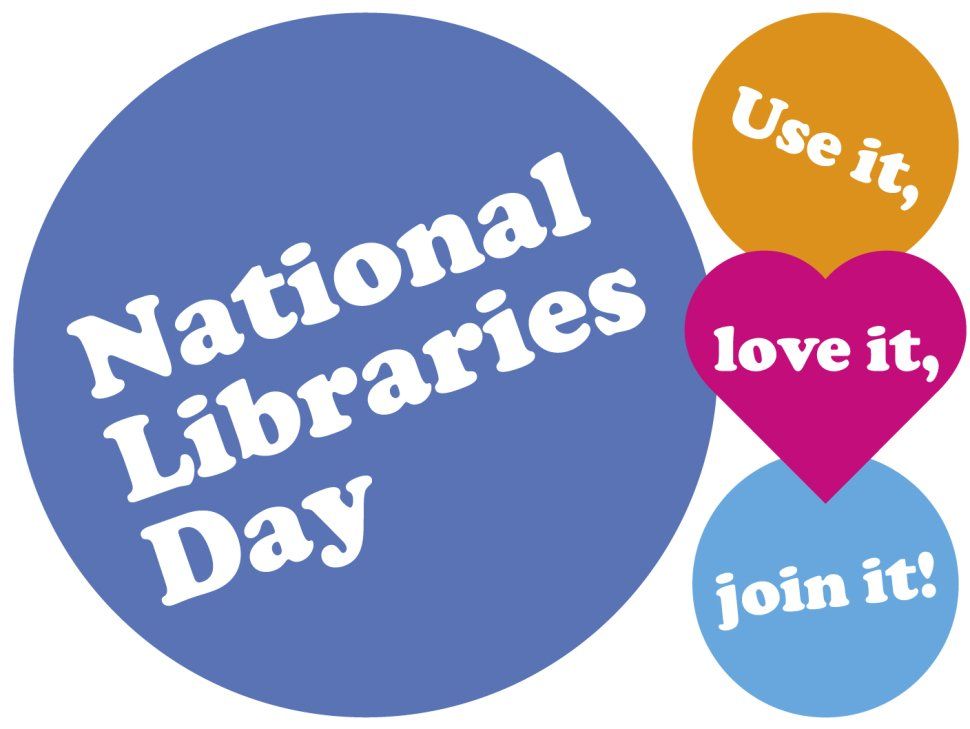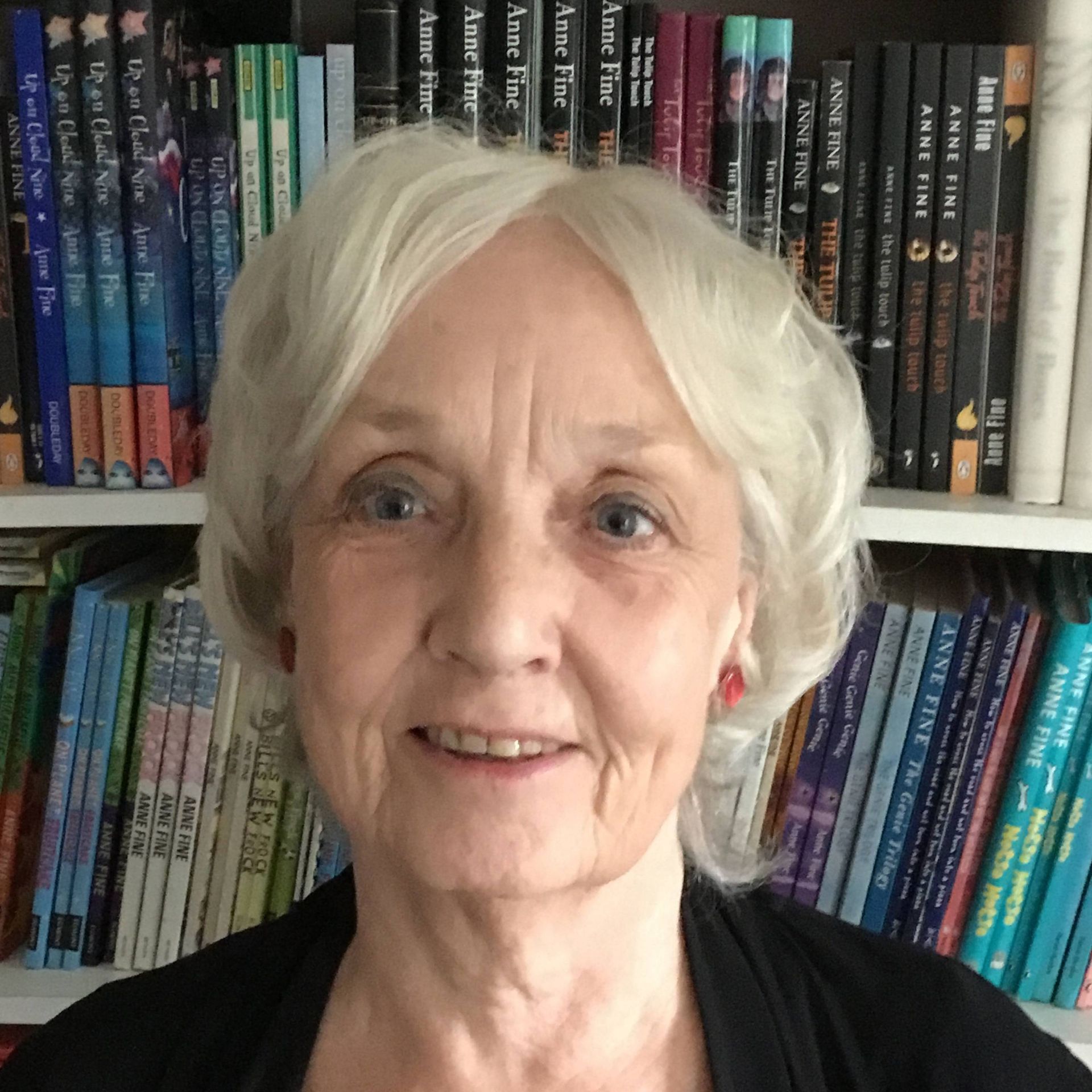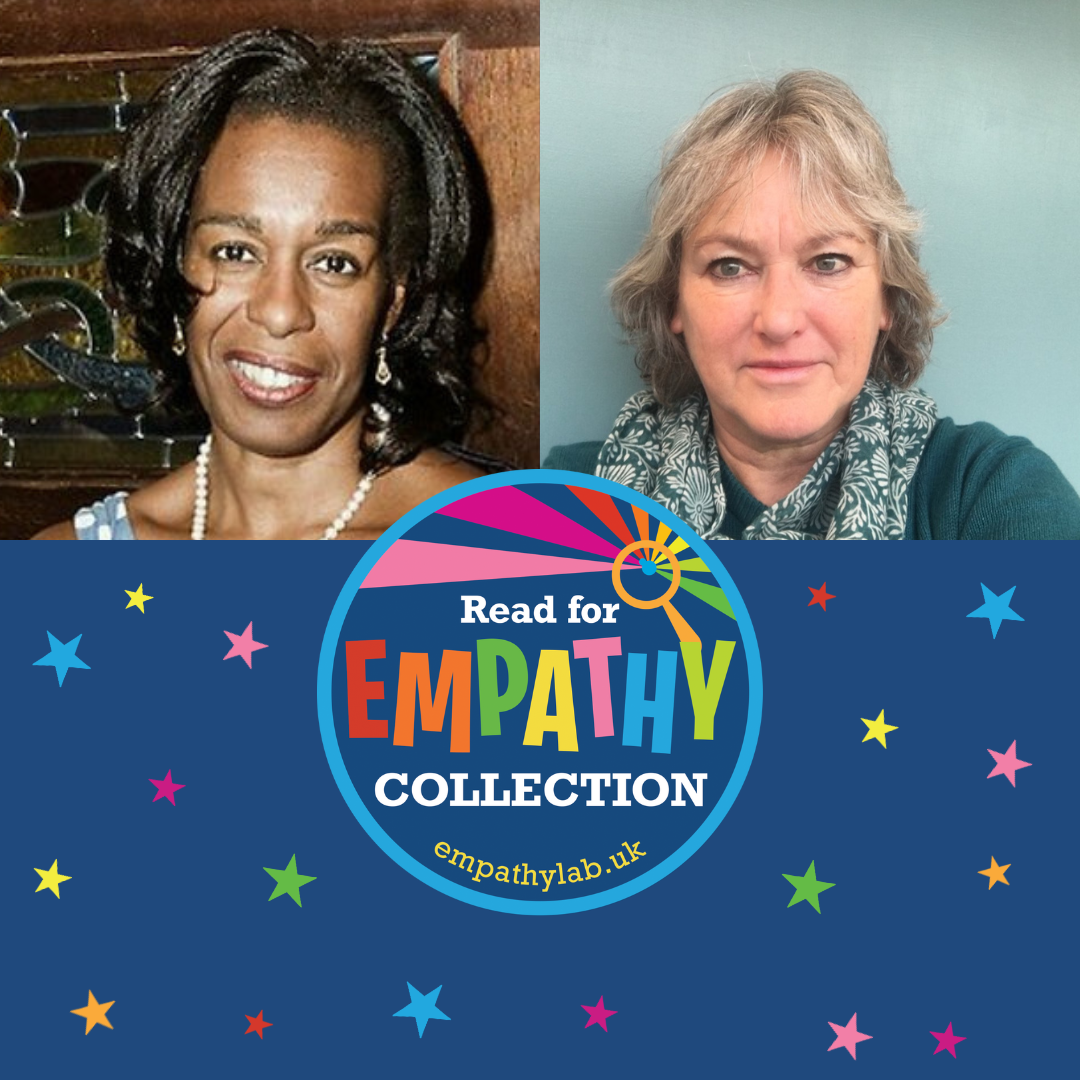EMPATHY AND LIBRARIES
- By EmpathyLab
- •
- 31 Jan, 2017
- •

EmpathyLab is passionate about using words and stories to help children understand and empathise with others. We also believe that through stories, children can understand themselves better.
Libraries and their staff have a vital empathy boosting role. Obviously, they provide children and their parents with a great choice of books – from picture books for young children exploring new experiences and emotions through to books for young adults coping with questions and uncertainties about growing up.
But library staff can also help children find the books that are right for them, and they love talking to children about these. All library services take part in the national Summer Reading Challenge , developed by The Reading Agency and delivered in partnership with UK children’s library services. As children read six books, collecting rewards along the way, library staff and young volunteers focus on discussing books , enabling children to think about the stories and explore the characters’ emotions.
In the early years libraries also give families the chance to share rhymes, stories and songs. This precious close time helps build the strong relationships that are a key foundation for empathy.
So how will EmpathyLab help libraries develop their ability to build children’s empathy skills? We are currently testing two training offers. The first is based on research into special ways of reading and sharing books that help staff talk to children in a way that focuses on the characters and emotions, helping them reflect and understand whilst keeping the discussion safely within the context of the story. The second concentrates on the early years and particularly rhyme time sessions; highlighting the importance of parents and carers sharing rhymes face to face with children as well as with rhyme time leaders. Children watching the faces and the expressions of the significant people in their lives during these special times can really strengthen the bond between them.
Library staff who have taken part in the training have been enthusiastic about the role of empathy in their work with children:
“I was really excited by the course and found it all quite inspirational. Would love to have some more input on how to bring the ideas to our work in libraries!”
“Talking about this just reminds us all of the intrinsic value that reading has. Just by reading a book you can feel better, less lonely, more connected...”
“It is important for all library staff to show empathy to their customers young and old.”
EmpathyLab will be developing its library offer over the next few months. On National Libraries Day let’s highlight the very special role libraries can play in children’s lives.
If you’d like more information about our training – do get in touch.
Keep up to date with what we’re up to on Twitter.
Join our network on LinkedIn – we’d love you to be part of the conversation.
Find out about the Top Ten Messages from our Think In and our next steps.

Why has the sheer importance of empathy come to the fore in recent years? Why do we care so much about a concept that had seemed to be left to itself for so long?
Perhaps because there has been so much change and upheaval for our young people in recent years, leaving so many isolated from what we might term ‘real’ contact with others. Lockdown was for many a disaster. The proliferation of phones hasn’t helped. Financially stretched families are often starved of time that can be spent in casual, easy, contact with one another.
So gaining an understanding of others from fiction has become more and more important. Children have always learned from the books and stories they are offered. From the fairy tales, children who lived in an elemental world without luxuries or social safety nets learned the virtues that were so necessary back then to survival: courage, resourcefulness, endurance, quick wits, kindness to strangers.
Our own young people live more tightly under separate roofs, and we have seen the language of books change accordingly - to Mum, the babysitter, playgroup, park, baby sister, Dad’s girlfriend, the bully, happy, worried, sad. It’s the language of relationships and emotions now, and understanding and compassion liberate. They have become the twenty-first century equivalent of Hansel and Gretel’s pebbles gleaming in the moonlight to show the way out of the dark forest.
Frank Flanagan once said good writers “structure, explain and evaluate the experience of childhood and empower the child to come to terms with it. They enable the child to lead a full life."
How? Partly by quite unconsciously increasing self-knowledge and self-awareness. A young reader can’t help but see characters in books unconsciously as if in a mirror. "I'm not like that." "I worry about that too." "I would have been braver”, “slower to catch on”, “tempted to be more mean”. And when this sense comes of no longer being the only one in the world to have this problem, or to feel that way, the child not only comes to realise that they are not alone, but also to gather insights into how other people deal with the same worries or tackle the same problems. In short, they learn, vicariously, how other people tick.
We have so many young people who, it seems, sometimes as a result of their upbringing, often simply by nature, have somehow failed to acquire the tools to begin to think about their own situation. Through fiction they can often begin, safely, to explore the more subtle aspects of life around them - an insight into someone else's life. A child can share desk space with someone else all year and yet learn less about them than about a character in one short book that’s read to them at night. I try to show this in my novel On the Wall , where, over the school year, Finley’s quite exceptional gift for tranquillity and self-acceptance in an anxiety-inducing world causes one fellow pupil after another to look more deeply into themselves, and learn how to rebalance their own way of thinking to become, in the process, calmer, happier, or more accepting.
We all want, for our young people, peace of mind. An excellent start is to explore Lauren Child's wonderful 'Staring into Space' project: https://staringintospace.me/
Then, steep them in fiction. And where better to find the
best than at the EmpathyLab itself?
You can purchase Anne's book, On the Wall,
here

The collection consists of 65 books for 3-16 year olds, each chosen for its unique contribution in building young people’s empathy.
The primary collection for 3-11 year has 40 books; the secondary collection features 25 books for 12-16 year olds.

